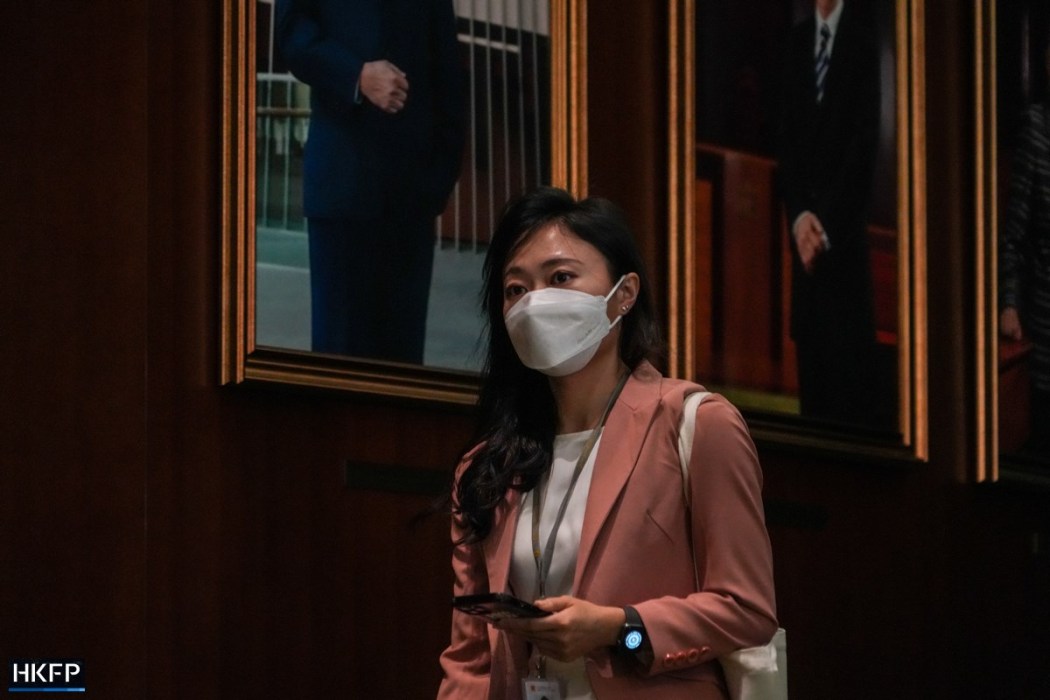Hong Kong to take ‘necessary’ measures as international agency approves Japan’s nuclear wastewater discharge plan
The Hong Kong government said it had told Japan repeatedly that it would react once the nuclear wastewater was released, including imposing import control on aquatic products from high risk areas.
hongkongfp.com
Hong Kong government said it was reviewing the latest report by the International Atomic Energy Agency (IAEA) on the the safety of Japan’s nuclear wastewater discharge plan, which was said to be “consistent with international safety standards” by the report.
Seeking to more information from Japan, the Hong Kong government said it would “take all necessary measures to safeguard food safety and public health of citizens in Hong Kong” in a statement released on Tuesday.

After two years of research, the IAEA taskforce – which consisted of independent experts from 11 countries, including China, Korea and the US – released a report on Tuesday, saying that the discharge of Fukushima’s treated nuclear wastewater would have “negligible” radiological impact for humans and the environment.“The IAEA has concluded that the approach and activities to the discharge of ALPS treated water taken by Japan are consistent with relevant international safety standards,” the director general wrote in the report’s foreword.
The intergovernmental body began the assessment upon Japan’s request in April 2021, committing to be involved throughout the water discharge process.
According to the Tokyo Electric Power Company (TEPCO), Japan is preparing to release 1.3 million tonnes of treated nuclear wastewater starting this summer – 12 years after an accident sparked by a tsunami crippled the Fukushima Daiichi Nuclear Power Plant.

The water stored at the power station was treated through a processing system called ALPS to remove almost all radioactivity, aside from tritium, according to the IAEA report.
The remaining tritium would be brought down to below regulatory standards as the water was diluted before being discharged to the sea, the IAEA said.
‘Grave concern’
In response to the IAEA’s report, the Hong Kong government said in a statement that it had repeatedly expressed “grave concern” over the water discharge proposal, adding that no decision should be made without the consensus of the international community.
In order to ensure food safety in the city, the Hong Kong government said it has told Japan repeatedly that there would be consequences to the release of the wastewater, including import controls on aquatic products from high risk prefectures of Japan.
Any such measures would be based on the final IAEA report, the opinion of mainland China’s expert, risk assessments and relevant information, the Hong Kong government added.
The city’s Secretary for Environment and Ecology Tse Chin-wan has previously written an op-ed that said Hong Kong would take “rigorous measures” to restrict food imports from Japan if the water was discharged.
‘Vague’ wordings
Speaking on a radio show on Wednesday, the chairperson of Hong Kong Nuclear Society, Luk Bing-lam, said the IAEA’s wording was “vague” in multiple parts of the report.For example, the international organisation said it had “noted” that the radiological dose to people in neighbouring countries would be undetectable and negligible, and that the treated water “appeared” to satisfy the principles of protecting future generations, Luk said.

The choice of words might be the result of disagreements or doubts among the experts, the senior engineer said, adding that many details were not disclosed in the report.
On the same radio program, lawmaker Joephy Chan said she had expected the IAEA to approve the plan to release wastewater into the sea.
However, citing TEPCO, Chan said the level of radioactivity in fish caught near the plant was found to be 180 times the maximum stipulated in Japan’s food safety laws. The report also did not explore the alternatives of disposing the wastewater, she added.
“I doubt if the IAEA report can really withstand scientific scrutiny,” Chan said.
https://hongkongfp.com/2023/07/05/h...ves-japans-nuclear-wastewater-discharge-plan/

